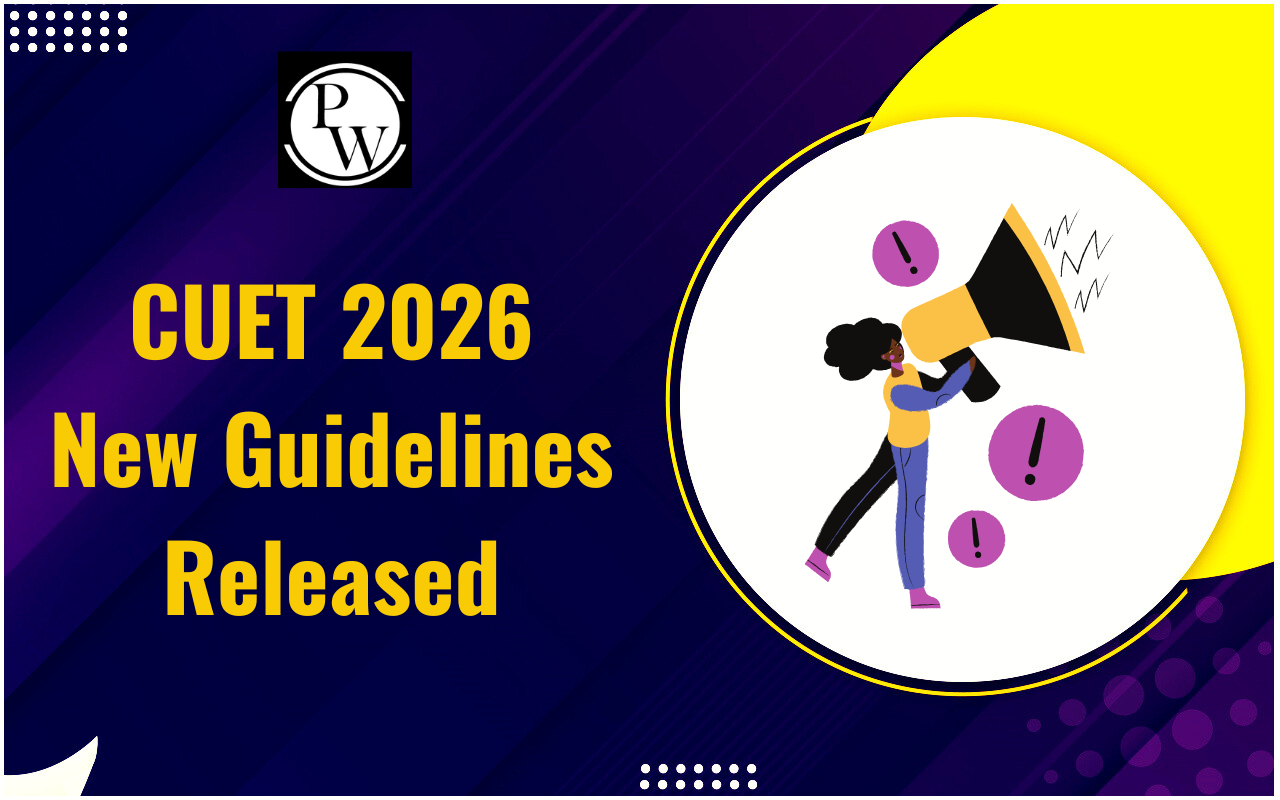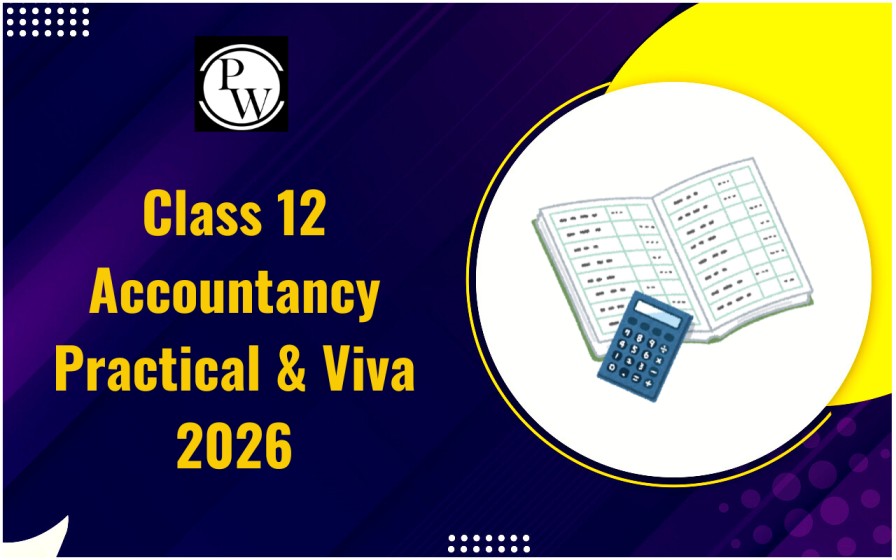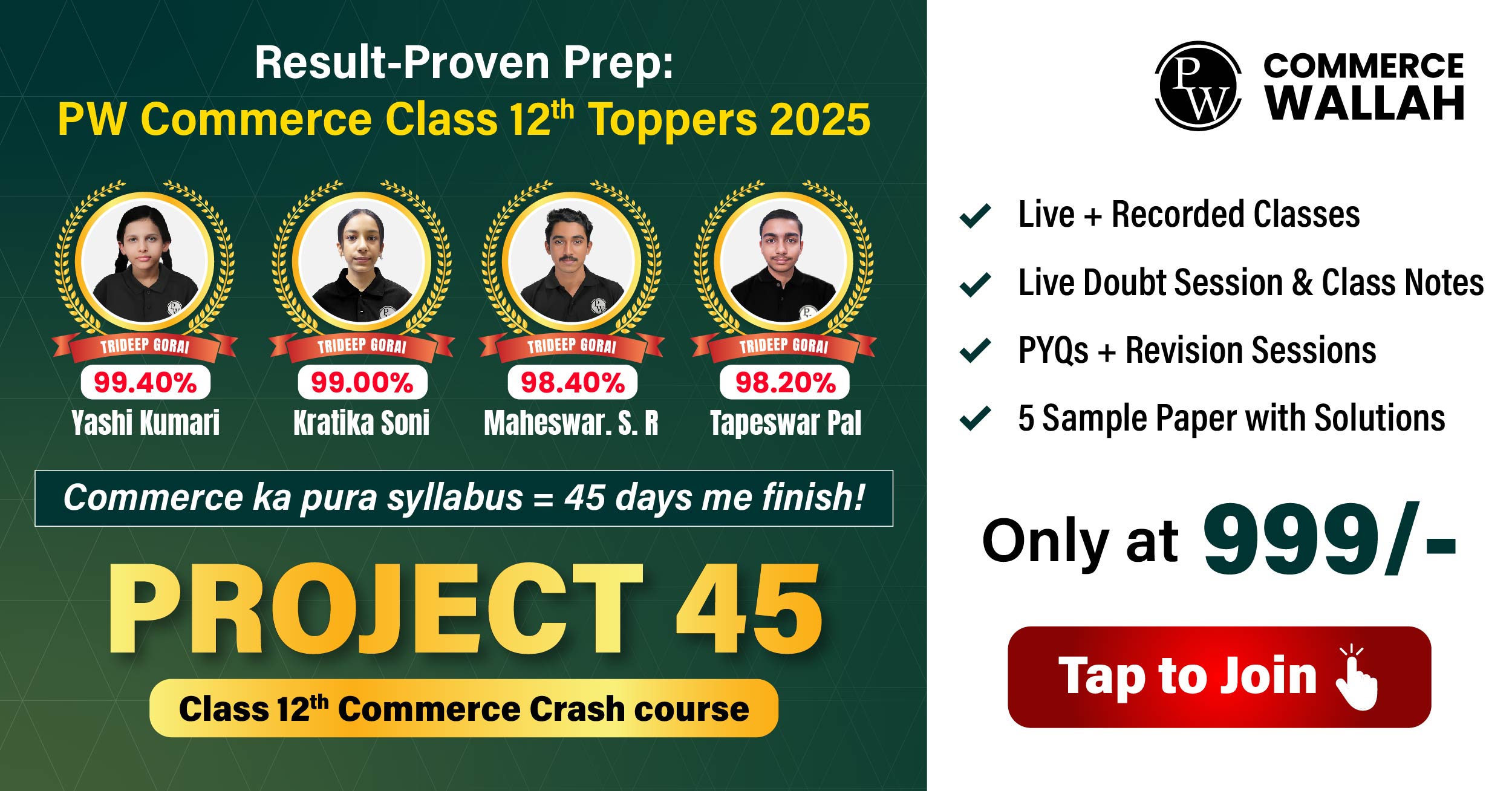
Class 12 Commerce Sample Paper Strategy: Class 12 board exams are considered challenging by most students. Performing well in these exams is essential for students to be eligible for many competitive exams and universities. As Commerce consists of conceptual based subjects, thorough preparation with strong problem-solving skills is essential to score good marks.
As the board exam approaches, students must supplement their preparation with sample papes. These preparation tools are designed according to the latest exam structure and so they give an effective understanding of the types of questions that may come in the actual exam. However, merely referring to the sample paper is not enough. Students must follow a sample paper strategy for Class 12 Commerce to make the most of their preparation phase.
Strategy to Solve Class 12 Commerce Sample Question Paper
When preparing for the class 12 Commerce board exams, students must follow a strategic approach for solving sample papers and PYPs. Once candidates complete the syllabus of any of the subjects, they must solve sample papers on a regular basis. The sample papers include questions from diverse chapters. Therefore, by solving the commerce guess papers, students can assess their knowledge of various topics.
Here is the recommended class 12 commerce sample paper practice strategy:
Know Paper Structure
Before attempting any sample paper, students must have a clear understanding of the paper pattern. Familiarity with the format, such as the number of sections, types of questions (MCQs, short answers, and long descriptive ones), and mark distribution, provides students a strategic advantage.
Allocate Time According to Question Weightage
Class 12 exam paper for each subject consists of multiple types of questions that are grouped in sections. It is crucial that students allocate time to each section based on its weightage. Here is the time allocation strategy students should follow when solving Commerce sample papers:
-
MCQs: For answering MCQs or 1-mark questions, students should take no more than a minute each. These are meant to test one’s concept clarity and quick thinking and are generally simple. However, if a particular question seems too confusing, it’s better to skip it temporarily and return to it later.
-
Short or Medium Length Questions: For questions carrying 3 or 4 marks, students should allocate 4 to 5 minutes each. These questions hold significant marks and require students to write more structured answers. Providing accuracy and detailed answers to these questions is crucial. For theory-based questions, students should aim to provide explanations in bullet points.
-
Descriptive Questions: The descriptive questions carrying 6 marks generally come with internal choices. Students should carefully choose the questions they are most confident about. For Accountancy, students should solve these questions with accurate calculations and present the financial data with a proper proforma.
For Business Studies or Economics, students should provide relevant examples or highlight facts with diagrams. Providing well-descriptive answers that meet the requirements of the question is essential in this section to score good marks.
Simulate Real Exam Conditions
Students should attempt every sample paper as a mock exam. They must solve the sample paper under a timed condition and eliminate distractions around them to improve focus. Ideally, students should solve commerce guess papers within 3 hours, which is the duration allowed during the CBSE board exams. Creating this exam-like environment helps build endurance, focus, and time management, which are crucial on the actual exam day.
Evaluate Performance
After completing the sample paper, students should take time to assess their performance. For this they must compare their answers with the solutions. This practice helps in identifying any factual or conceptual gaps. Additionally, they should pay attention to time spent on each section. With this approach students can identify if they were too slow in solving questions or they rushed through certain questions, which resulted in inaccuracy.
Strengthen Weak Areas
Based on performance evaluation, students should note the topics that seemed most challenging to them. Lack of conceptual clarity or slow writing speed may also be the reason for their ineffective performance. Based on the problem area, students should take action to improve their preparation. Additionally, they should revisit difficult chapters, practice similar questions, and consult their teacher or mentor for guidance.
Importance of Solving Class 12 Commerce Sample Papers
Attempting class 12 Commerce sample paper is an effective way to improve problem solving skills. Here are the key benefits of solving the class 12 commerce sample papers:
-
Practicing sample papers regularly helps students improve their time management skills. By learning how to allocate time across all the sections of the paper, students can decide which questions to attempt first to complete all the questions within the exam duration.
-
Attempting full-length papers helps students understand the questions they can expect in the actual exam. Additionally, they get an overview of the difficulty level of the exam.
-
Consistent practice with sample papers reduces exam anxiety and builds familiarity with the paper format. This, in turn, boosts confidence and helps students stay calm and focused during the actual exam.
-
Solving sample papers helps students quickly revise the syllabus, as the questions in these papers are based on various topics of the syllabus.
| Related Links | |
| Commerce Class 12 | Class 12 Accountancy |
| Class 12 Commerce Syllabus | Class 12 English |
| Class 12 Business Studies | Class 12 Economics |
| Class 12 Maths | Class 12 Result |
Class 12 Commerce Sample Paper Strategy FAQs
How to score 100% in class 12 Commerce?
How many sample papers are enough for class 12 Commerce?
Is Class 12 commerce tough?
How many hours should I study in Class 12 Commerce?










